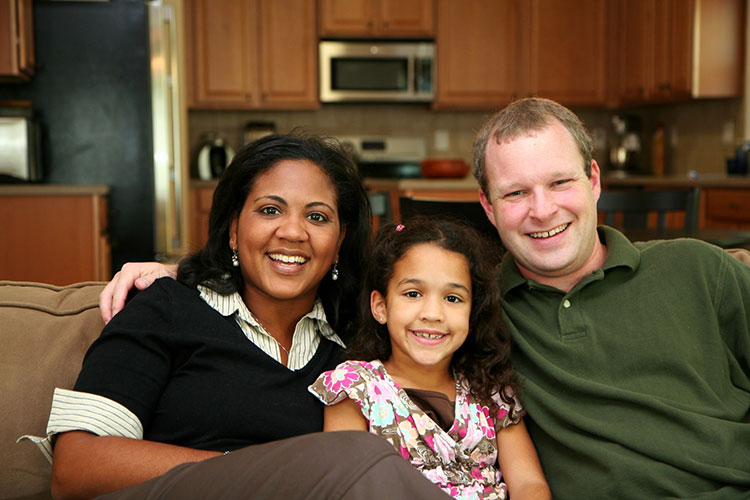You may or may not know that I am a Baha’i. One thing that Baha’is do as part of their spiritual practice is to participate in a month of fasting every March from the 1st to the 19th, then celebrate the Baha’i New Year on the first day of the spring equinox.
So what does this actually look like? Basically, you don’t eat or drink from sunrise to sunset and you try to spiritualize your life and reorient your priorities. It is both a keenly insightful time, and a very difficult time because physically and mentally going through your work day like this for 19 days is exhausting. As a result I have nothing but admiration for Muslims who fast for 30 days. But this year, something very interesting happened to me during the fast and I wanted to share it with my readers: fasting has deep cultural and ethical repercussions far beyond what I had ever imagined.

One day during the Fast, I was doing my usual meditation and prayer routine in the early hours of the morning when I had a kind of vision about my husband’s extended family. I felt that I was seeing their family lineage for generations, all the contributions they have made to society, their many gifts and the way they are linked to millions of other families around the world. I was completely overwhelmed with gratitude to be a part of this family by marriage and, as I thought about that – the joining of families through marriage to my four adult children and the fact that these families now make us related in some way to every continent on the planet – these linkages appeared like a network of spreading connections in my mind’s eye.
It was like these fabulous data visualizations with maps, dots and connector lines illuminated, but from the perspective of “we are all related.” It was a really powerful experience. And because it was so powerful, I told it to my husband who, not surprisingly had tears in his eyes as he listened. I don’t think I have ever thanked him for bringing his family into my life before and I was truly grateful as I explained my experience. We decided this would be a lovely thing to share with his mother who is ill with cancer.
So since that first sharing went well, I related my fasting experience to my Shift team at our weekly virtual meeting. My false assumption was that since my other team members belong to Christian religions, I didn’t think they would have an experience of fasting, but in fact they did! My Mormon team member explained her fasting experiences and my Catholic team member explained hers. Inside and outside their religious experiences, both had participated in fasts of several days and nights and had similar powerful experiences of connectedness. That was another experience of connectedness. But my story doesn’t stop there.
Ready to broaden your cultural understandings? Look no further than our webinar:
How did I lose myself? Finding confidence in a new country
Want to join an upcoming live webinar? Check out the dates here and register!
That week I was running a training session for a diverse group of employees working for an NGO. At the break they asked me why I wasn’t eating lunch and when I explained that I was fasting, a third of the participants really perked up and said that they fasted too. They shared their Muslim and Hindu fasting experiences and there was general interest comparing our experiences as well as curiosity from those who had not experienced fasting.
Do you know what all the “fasters” had in common? We all felt very much more compassion and empathy for others during our fasting experiences and there were repercussive good actions as a result for months afterwards. We realized our own frailty and weakness and felt that our egos were less insistent. Everyone said that they always marveled at how little we really need to survive physically and how much stuff we accumulate that we don’t need. The consensus was that fasting re-adjusted our appetites and gave us insights into what is really important in life, including increased attachment to family, as I had experienced earlier that week.

For several days afterwards I had conversations about fasting and the experience was fascinating. It made me think that if all the heads of state around the world would fast for three weeks, there would be a transformation in their exchanges. Imagine the empathy that would emerge, the desire to eliminate poverty and to rectify injustice, the unity. Think about the positive effects that would spread from the national and international levels right down to the county and municipal levels. The potential changes for good are mind boggling.
To conclude, there are some universal enduring cultural and religious practices that have existed since the time people began trying to make sense out of the world and started looking for purpose in their lives. Today when so many people feel disconnected, unchallenged and addicted to substances and behaviours that destroy rather than create, maybe we should rethink the importance of these ancient spiritual practices. I suspect that reconnecting with ourselves and the rest of humanity through the venerable art of fasting could only be beneficial. Meditation and mindfulness are reaching unprecedented popularity. Perhaps fasting is the next wave.
I would love to hear your thoughts on that.
Looking for ways to grow your cultural IQ? Join our Work and Culture Facebook group and:
-
Connect with a diverse learning community
-
Find new insights
-
Learn the skills you need to succeed in a Canadian context







